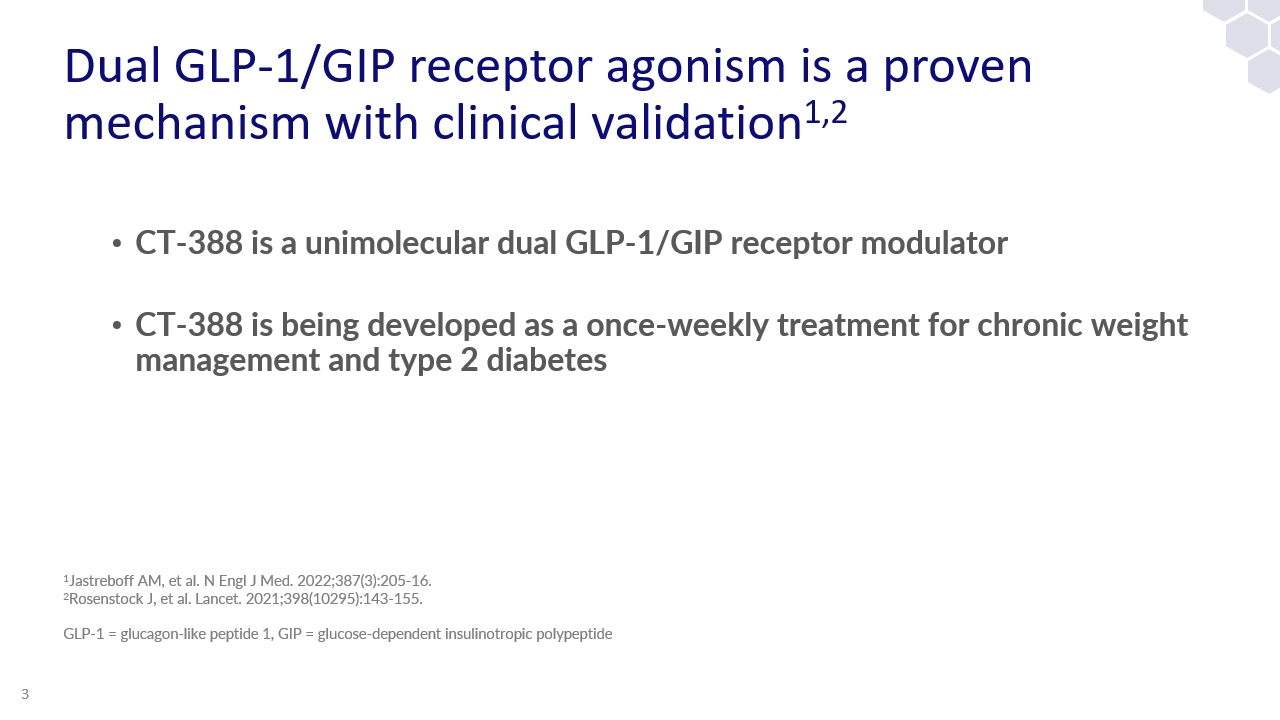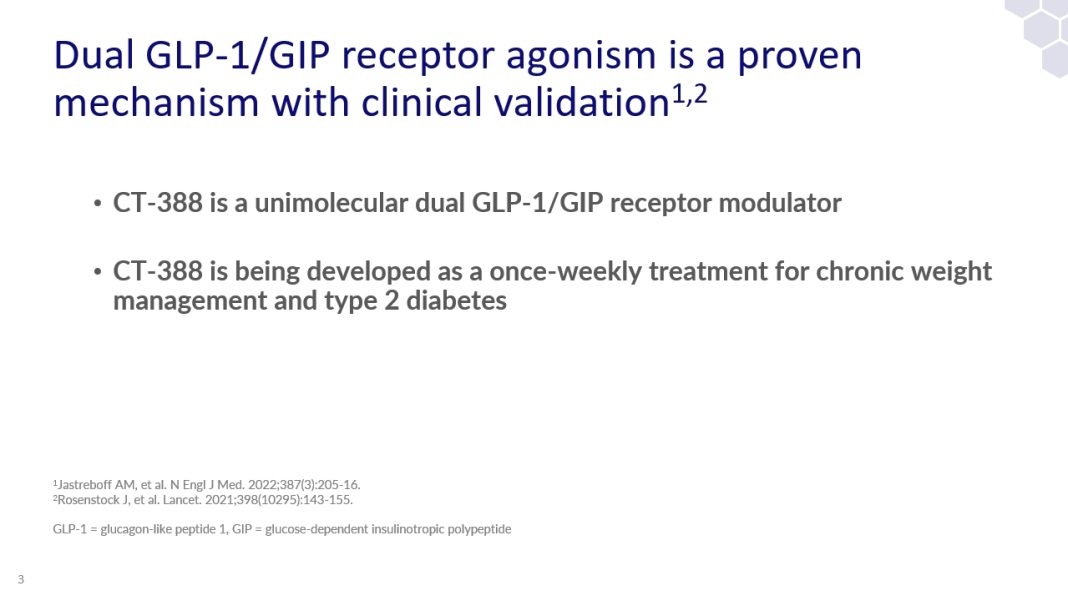 Roche, a Swiss pharmaceutical company, recently announced promising results from an early-stage trial of its experimental weight loss drug, CT-388. This development positions Roche as a strong contender in the rapidly growing market for obesity treatments. The company entered this space through its acquisition of Carmot Therapeutics for nearly $3 billion in December.
Roche, a Swiss pharmaceutical company, recently announced promising results from an early-stage trial of its experimental weight loss drug, CT-388. This development positions Roche as a strong contender in the rapidly growing market for obesity treatments. The company entered this space through its acquisition of Carmot Therapeutics for nearly $3 billion in December.
Currently, the weight loss drug market is dominated by Novo Nordisk and Eli Lilly, but analysts predict it could reach a value of $100 billion by the end of the decade. Roche’s CT-388 demonstrated significant efficacy in the phase one trial, with patients experiencing an average weight loss of 18.8% compared to those who received a placebo.
One noteworthy aspect of CT-388 is its mechanism of action. The drug mimics the effects of two gut hormones, GLP-1 and GIP, to suppress appetite. This approach is similar to Eli Lilly’s Zepbound and Mounjaro, which have gained popularity as weight loss and diabetes drugs. By targeting both GLP-1 and GIP, scientists believe that CT-388 may offer more effective weight loss and blood sugar control with fewer side effects than drugs that only target GLP-1, such as Novo Nordisk’s Wegovy.
Roche’s CT-388 is being developed not only for obesity but also for diabetes treatment. In the trial, the drug also normalized blood sugar levels in a subgroup of patients with pre-diabetes. This dual benefit is significant as obesity and diabetes often go hand in hand.
The safety profile of CT-388 appears promising as well. Roche reported no new or unexpected side effects among patients taking the drug. The most common side effects were mild to moderate gastrointestinal issues, which are consistent with other weight loss and diabetes drugs that work in a similar manner.
Currently, Roche is conducting further testing of CT-388 in a group of patients with obesity and diabetes over a 12-week period. The company expects to obtain data from these patients in the second half of the year. This data will provide valuable insights into the drug’s long-term efficacy and safety.
In comparison to other weight loss drugs on the market, Eli Lilly’s Zepbound led to up to 22% weight loss after 72 weeks, while Novo Nordisk’s Wegovy resulted in 15% weight loss after 68 weeks. If Roche’s CT-388 continues to demonstrate positive results, it could potentially offer patients a more effective and safer option for managing obesity and diabetes.
Overall, Roche’s entry into the weight loss drug market with CT-388 shows great promise. With its unique mechanism of action and positive trial results, the drug has the potential to revolutionize the treatment of obesity and diabetes. As Roche continues its research and development efforts, the healthcare industry eagerly awaits further data and insights on this groundbreaking drug.


